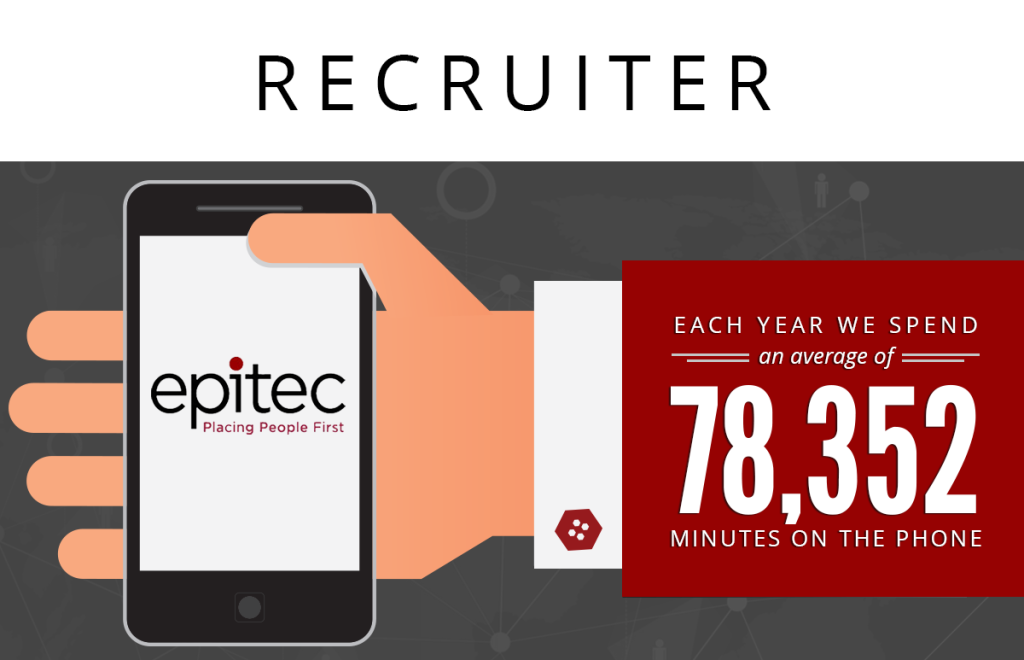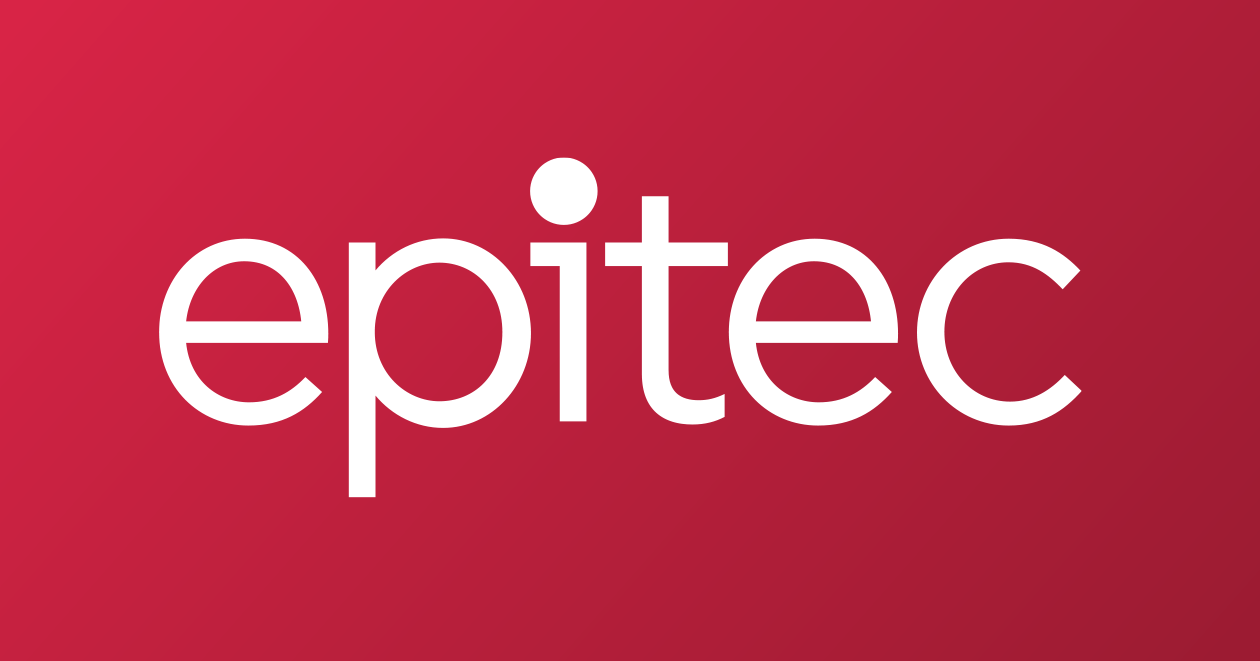Many corporate recruiters want to try their hand at recruiting for a staffing company. When I ask them why, I often get these two answers, “I really want to help people” or “I really enjoy talking to people.” That is a good start. “Wanting to help people” and “Enjoying talking to people” are shared similarities between corporate and staffing recruiting jobs. However, there are significant differences between corporate recruiting and recruiting for a staffing company. If you really want to work as a recruiter within the staffing industry versus corporate recruiting here are four differences that you should be aware of:
Competition vs. Exclusivity
Companies that work with staffing companies regularly work with multiple staffing companies to attract and retain hard-to-find talent. Corporate recruiters have exclusivity on the positions they fill and do not compete with other companies to fill their position. Recruiting in the staffing industry requires you to compete with other recruiting companies and adds an additional layer of pressure to respond quickly to the customer.
Peak Performance vs. Work Life Balance
Staffing recruiters must be available during non-core hours and possess a desire to do what it takes to get the job done and provide excellent service. A call in the evening from a candidate is familiar territory. An interview during lunch is fairly common. Early morning calls are more frequent to the staffing recruiter versus the corporate recruiter. In the end, work life balance can be difficult to manage during peak times requiring peak performance.
Sense of Urgency vs. Full Knowledge
A staffing recruiter has no control over when a customer broadcasts a new order. Even though you may be the only recruiter at your staffing firm working to fill the position, the customer is engaging several staffing agencies who received the same order at the same time. In essence, you are competing against several firms and several recruiting teams. A “Sense of Urgency” is what is going to set the staffing recruiter apart from the competition. Common sense may get in the way and create doubt and apprehension. A staffing recruiter must be able to move quickly without having full knowledge about order and then gather knowledge quickly. A corporate recruiter will likely be given maximum information prior to beginning their search or have ready access to internal managers to answer questions.
Invent Options vs. Change Requirements
When an order is broadcasted out to the vendors, there is a predefined rate in which the customer is looking to pay for that resource. There is often a date associated with the order in which the position will automatically be put on hold once X number of resumes have been received. Therefore, when you are recruiting for positions in the staffing industry it is all about finding the right combination of talent, availability, and price. A staffing recruiter must be able to think up a wide range of possible solutions or options. Corporate recruiters may have more influence to change position details, change job requirements, or even outsource to a staffing firm the positions they do not have the domain expertise to fill. However, a staffing recruiter must use creativity to reconcile differing interests, quickly advance shared interests, and carefully assess the realism of candidate and customer expectations for each position they work to fill.

So if you are intrigued by these differences, competitive in nature, have a “do what it takes to get the job done” work ethic, work with a sense of urgency, and can provide options, than I suggest you talk to a recruiter within the staffing agency or feel free to reach out to myself or our corporate recruiters here at Epitec to talk about becoming a staffing recruiter at Epitec.

